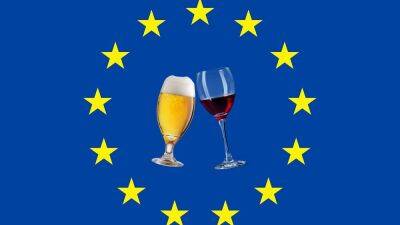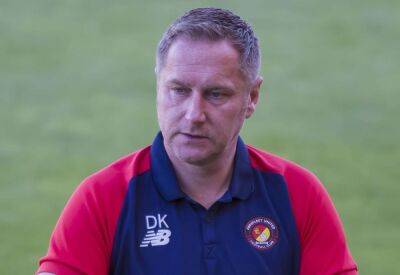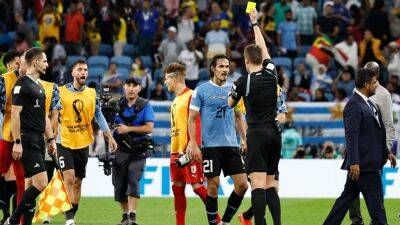Mixed reaction among Croatians to euro adoption
On the first of January 2023, Croatia became the 20th country to join the eurozone. The kuna, the local currency, has been replaced by the euro.
With the single currency, the country hopes to make its economy stronger and more stable, and to improve the standard of living of its inhabitants.
Some regret passing of the kuna
At the fruit and veg market in Zagreb, reactions are mixed.
"I'm happy with the change," says one shopper. "It's something new."
"It's not true prices have skyrocketed," says another. "Maybe they're up a few cents, but that's nothing."
Others are less convinced.
"Prices are a bit too high, that's all," says an older man. "I don't have a problem converting. You just need to have money!"
"We're not happy, we prefer our little kuna," another says. "To me, a country that does not have its own currency isn't a country."
45% of Croatians already had a euro account for big expenses, but all now have to get used to the single currency for everyday purchases.
Ana Knežević is president of the Croatian Association for Consumers Protection.
"For the old people, it is difficult to count how much it is now when the prices are in euros. We have double prices so it is very easy to compare," she says.
While older people are attached to the kuna, 55% of Croatians do favour adopting the euro, according to the Eurobarometer. But more than 80% of them fear a rise in prices.
"Coffee, bread… the prices are higher now than before the new year," she continues. "People don’t have much money to spend, food is very expensive, heating, electricity is also expensive, so it is very difficult to live. Croatia is a small country, pensions are not high so you can imagine how they live."
The switch to the euro and the entry into the Schengen area are







